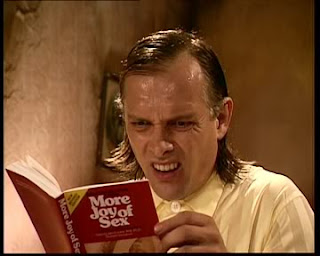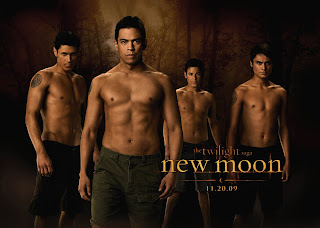 Now available to download for free, the final episode (of the current run, anyway) of comedian Richard Herring’s podcast series As It Occurs To Me.
Now available to download for free, the final episode (of the current run, anyway) of comedian Richard Herring’s podcast series As It Occurs To Me.
In case you’re not familiar with it, or Mr Herring generally, it’s quite an interesting set up – or, if you prefer, ‘business model’ for a show. It’s recorded live in London before an audience who’ve paid the nominalish amount of £10, and then released, without editing, the next day to download for free.
Herring’s been on TV and radio sporadically over the years, but he’s kept working steadily in a variety of areas since his TV shows have failed to be recommissioned, and in the last couple of years he’s started doing podcasts for free – firstly with writer Andrew Collins and then the above-linked AIOTM (as he insists on calling it) – and he seems to be doing all right as a result; his stand-up tours sell well, and I think he was on Never Mind The Buzzcocks on BBC2 the other week. Which probably helps pay the bills, while he carries on doing a job he enjoys.
Anyway, whilst the final show – by Herring’s own admission – contains so many in-jokes as to be almost meaningless to a first-time listener, I’d recommend the series as a whole; it is, as I say, free, and whilst the unedited nature of it means it’s pretty rough round the edges a lot of the time, there are a lot of jokes in the show, as well as (warning) a lot of imaginative profanity.
Mrs Soanes and I were at the live recording on Monday night, and I’d say that, despite (perhaps even because of?) its shameless self-indulgence, it was probably the best of the run, as it contained so many payoffs and callbacks to previous episodes, all tied together in quite a clever way. And some turns of phrase which were both shockingly rude and impressively colourful.
Not one for granny, then, but I’d say it’s certainly worth the muscle involved in a bit of clicking and downloading.















